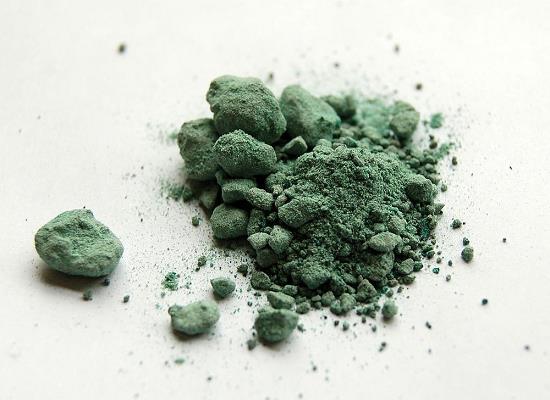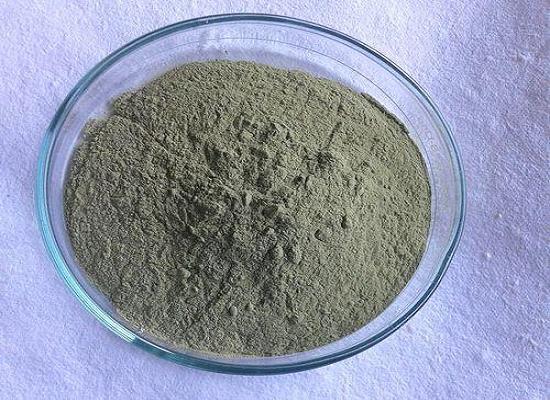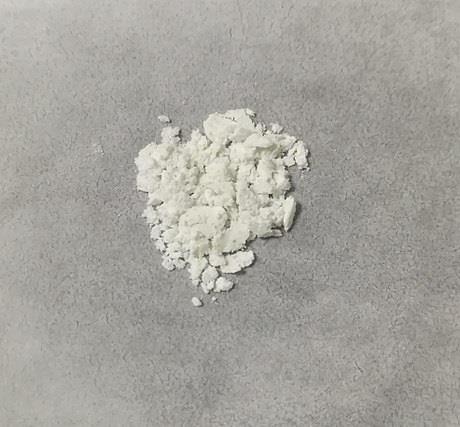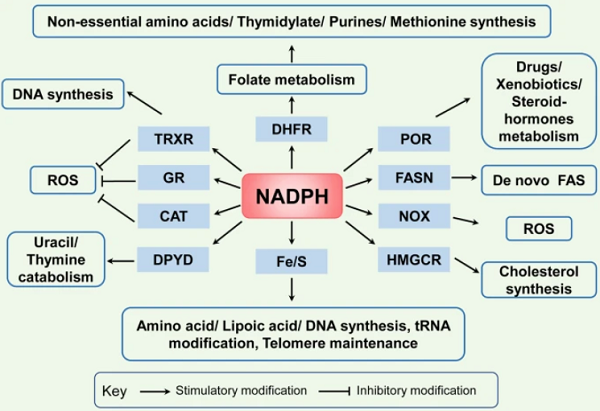Cuprous Bromide: Overview, Applications in the Synthesis of Crystal and Synthesis Method
General Description
Cuprous bromide, a versatile chemical compound, exhibits unique solubility properties and physical transformations. Cuprous bromide's applications range from catalysis to crystal synthesis, where its 63 helical tubular structure enables superior photo-catalysis and luminescence for nitro-explosive detection. Synthesized primarily by reacting copper(II) oxide with hydrobromic acid, cuprous bromide's significance lies in its multifunctional capabilities, making it a valuable material in various technological fields such as environmental remediation and security surveillance.
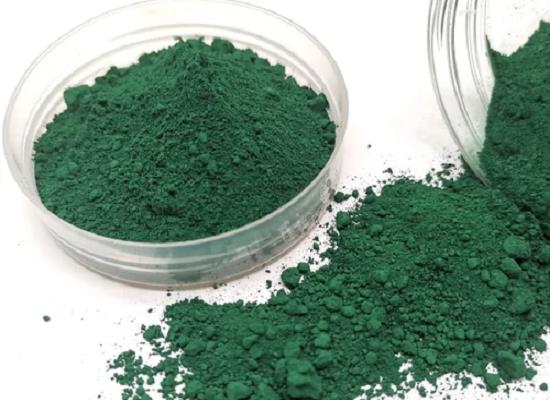
Figure 1. Cuprous Bromide
Overview
Cuprous bromide (CuBr) is a notable chemical compound renowned for its distinctive chemical and physical attributes, prompting widespread interest across various scientific domains. Comprising one copper atom and two bromine atoms, its composition underscores its significance in numerous applications. Chemically, cuprous bromide exhibits a pronounced solubility in water, alcohol, and acetone, while remaining insoluble in ether and liquid ammonia. When dissolved in aqueous solutions or organic solvents, it imparts a striking deep green hue attributable to the CuBr2 ion. Physically, cuprous bromide typically manifests as a white or light brown crystalline solid under ambient conditions. However, exposure to moist air can induce a transformative shift, rendering it a distinct blue-green hue owing to hydrolysis reactions. Cuprous bromide's solubility characteristics render it amenable to various experimental methodologies, facilitating its utilization in diverse research endeavors. Its unique coloration and reactivity further contribute to its versatility in chemical processes and catalytic applications. Furthermore, cuprous bromide's distinct properties render it a valuable component in the synthesis of organic compounds, coordination complexes, and as a catalyst in numerous chemical reactions. Its broad applicability underscores its significance as a foundational element in chemical research and industrial processes alike. 1
Applications in the Synthesis of Crystal
Cuprous bromide demonstrates remarkable versatility and efficacy across various applications, as evidenced by its utilization in the synthesis of a perfectly aligned 63 helical tubular single crystal. This crystal exhibits exceptional performance in selective photo-catalysis, luminescence, and the sensing of nitro-explosives. NIn the realm of photo-catalysis, the cuprous bromide crystal showcases superior efficiency compared to nanosized TiO2 and ZnO in decomposing negatively charged dyes such as Methyl Orange (MO) and Kermes Red (KR). This heightened efficacy is attributed to the crystal's unique structure, characterized by its 63 helical tubular alignment. The calculated dipole moments and band structure further elucidate its photocatalytic prowess. Furthermore, cuprous bromide exhibits remarkable luminescent properties, emitting strong yellowish-green fluorescence both in solid-state and emulsion, even at ambient temperatures. This luminescence serves as a key indicator for the detection of nitro-explosives, with the crystal demonstrating exceptional sensitivity and quenching efficiency. Notably, luminescent responses are detectable at concentrations as low as 20 ppm, underscoring its potential as a highly effective sensing material. In summary, the multifunctional capabilities of cuprous bromide, encompassing photo-catalysis, luminescence, and nitro-explosive sensing, highlight its significance as a promising material for diverse technological applications, ranging from environmental remediation to security surveillance. 2
Synthesis Method
The primary method for synthesizing cuprous bromide entails the reaction between copper(II) oxide and hydrobromic acid, as depicted by the chemical equation: CuO + 2HBr → CuBr2 + H2O. This reaction yields cuprous bromide along with water as the byproduct. An alternative synthesis route involves the direct reaction of copper with bromine under elevated temperatures. However, this approach is less favored due to the hazardous properties associated with elemental bromine. In the prevalent method, copper(II) oxide serves as the precursor for copper, while hydrobromic acid acts as the source of bromine. The reaction proceeds through the displacement of oxygen in copper(II) oxide by bromine from hydrobromic acid, resulting in the formation of cuprous bromide. This synthesis pathway is preferred for its efficiency and safety considerations, offering a reliable means of obtaining cuprous bromide for various applications in chemical research and industrial processes. 3
Reference
1. Copper(I) bromide. National Center for Biotechnology Information. 2024; PubChem Compound Summary for CID 24593.
2. Yao RX, Hailili R, Cui X, Wang L, Zhang XM. A perfectly aligned 63 helical tubular cuprous bromide single crystal for selective photo-catalysis, luminescence and sensing of nitro-explosives. Dalton Trans. 2015; 44(7): 3410-3416.
3. Copper Bromide. Material Properties.
Related articles And Qustion
See also
Lastest Price from Cuprous bromide manufacturers

US $100.00-80.00/KG2025-07-08
- CAS:
- 7787-70-4
- Min. Order:
- 1KG
- Purity:
- 99%
- Supply Ability:
- 10000000
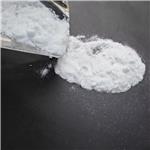
US $10.00/KG2025-04-21
- CAS:
- 7787-70-4
- Min. Order:
- 1KG
- Purity:
- 99%
- Supply Ability:
- 10 mt

